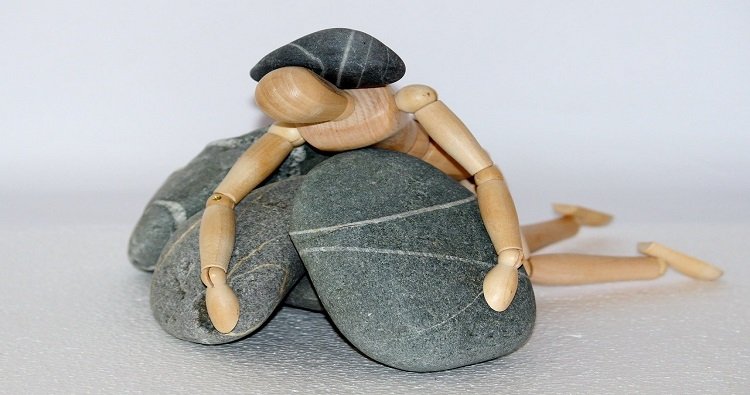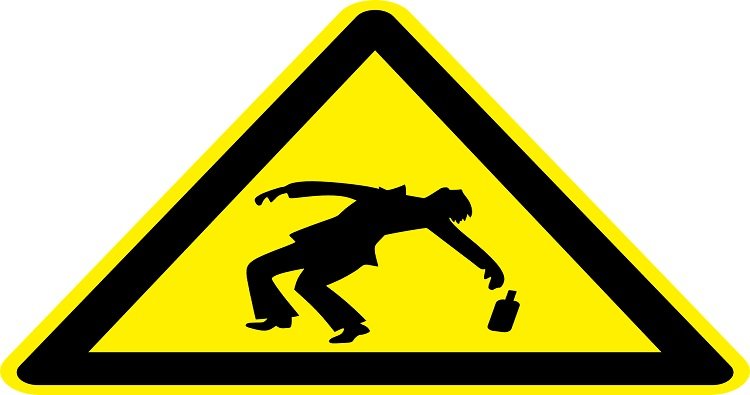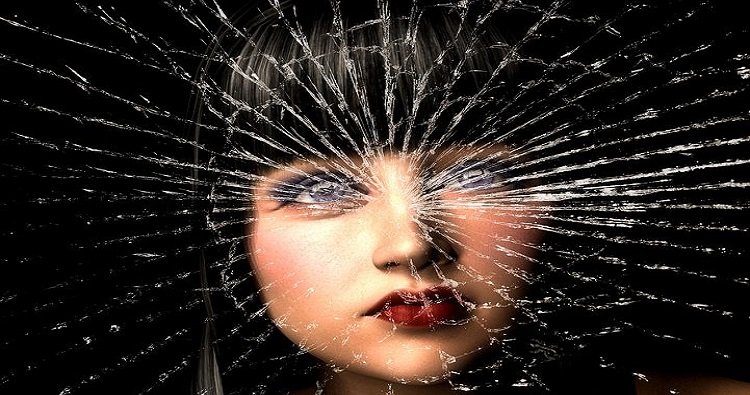- + 91 9958444373
- Malviya Road Dehradun, UK, India.
Blogs detail

BURDEN OF DEPRESSION
- 2020-06-17
Depression is a common mental disorder, characterized by persistent sadness and a loss of interest in activities that you normally enjoy, accompanied by an inability to carry out daily activities, for at least two weeks. In addition, people with depression normally have several of the following: a loss of energy; a change in appetite; sleeping more or less; anxiety; reduced concentration; indecisiveness; restlessness; feelings of worthlessness, guilt, or hopelessness; and thoughts of self-harm or suicide. Depression is treatable, with talking therapies or antidepressant medication or a combination of these.
Depression Worldwide
• Depression is a common mental disorder. Globally, more than 300 million people of all ages suffer from depression.
• Depression is the leading cause of disability worldwide and is a major contributor to the overall global burden of disease.
• More women are affected by depression than men.
• At its worst, depression can lead to suicide.
• There are effective psychological and pharmacological treatments for depression.
When we talk about India’s status on depression there is a record according to World health organization ‘India is the most depressed country in the world’ followed by China and the United State of America.
According to research reported in Indian journal of medical research (IJMR) that 20% of Indian young people are suffering from mental health problems such as depression, mood disturbances, substance abuse, suicidal behaviour, eating disorders.
According to study a meta-analysis of five psychiatric epidemiological studies yielded an estimated prevalence of mental morbidity including 16 mental and behavioural disorders ( classified into eight groups of organic psychosis, schizophrenia, manic affective psychosis, manic depression, endogenous depression, mental retardation ( Intellectual disability ), epilepsy, phobia, generalized anxiety, neurotic depression, obsession and compulsion, hysteria, alcohol/drug addiction, somatization, personality disorders and behavioural/emotional disorders ) of 22.2 per 1000 population among 15 to 24 years.
This is true or well understood that changing lifestyle, modern technology, expectancies on the other hand lack of awareness, lack of knowledge and poor mental acuity and poor mental hygiene leads to poor mental health. We all go through life stressors and environmental stressors. According to scientific studies, approximately 70-80 % of people go through some kind of mental health problems and most of them do not go for treatment.
According to the World health organization, One in four people in the world will be affected by mental or neurological disorders at some point in their lives. Around 450 million people currently suffer from such conditions, placing mental disorders among the leading causes of ill-health and disability worldwide. But truth is that there is no systematic or actual data available for mental health problems. Here I would like to give some related facts, According to the World health organization itself, Close to 800 000 people die due to suicide every year, which is one person every 40 seconds. Suicide is a global phenomenon and occurs throughout the lifespan.
There are indications that “for each adult who died by suicide there may have been more than 20 others attempting suicide”. There in case of India condition is more severe than ever was according to a study reported in World health organization “India is a most depressed country in the world” according to reports India accounts for nearly 18% of the world population. It accounted for 15% of global DALYs attributable to mental, neurological and substance use disorders (31 million 11 DALYs) with depression, accounting for 37% (11·5 million DALYs) in 2013. The burden of depression, in terms of DALYs, increased by 67% between 1990 and 2013. By 2025, DALYs attributable to depression is projected to rise by roughly 2.6 11 million (22.5%) due to population growth and ageing.
The problem is estimated to be much higher as per several population-based studies, with the prevalence of depression ranging from 1.8% to 39.6%. Lack of uniformity across studies, with differences in nature of the population, sample size, study instruments, assessment procedures and interpretation of findings, contribute 12–17 to most of the variations. As per NMHS (2015-16) in India, one in 20 (5.25%) people over 18 years of age have ever suffered (at least once in their lifetime) from depression amounting to a total of over 45 million persons with depression in 2015.
Contact now
We are a group of health professionals, including Psychologists, Clinical psychologist, Rehabilitation Psychologist, Counsellors, Mindfulness Experts and Social Workers. We are working since 2018 in India to foster mental health.
Contact Us
recent blogs
-

SADNESS AND DEPRESSION ARE DIFFERENT!
2020-06-16 -

ALCOHOL USE DISORDER (AUD)
2020-06-19 -

SEASONAL AFFECTIVE DISORDER (SAD)
2020-06-12 -

UNDERSTANDING MINDFULNESS MEDITATION
2020-06-03 -

BURDEN OF DEPRESSION
2020-06-17







